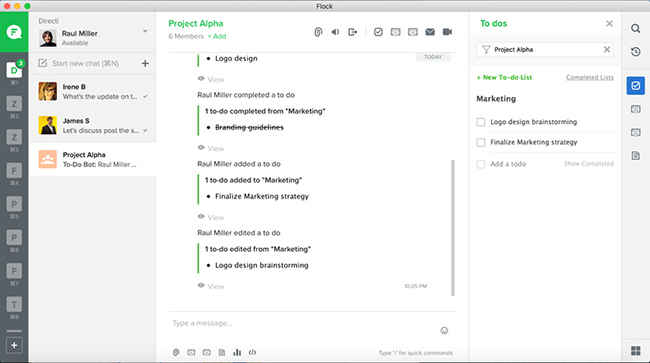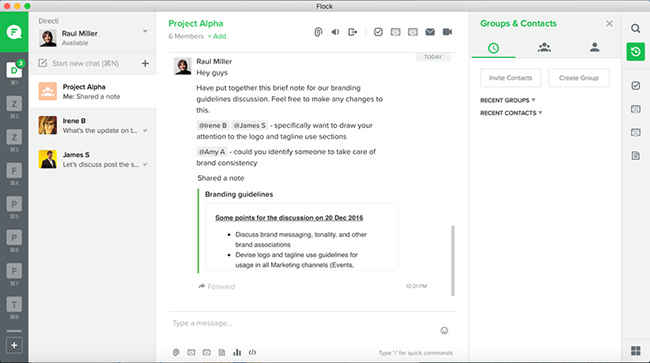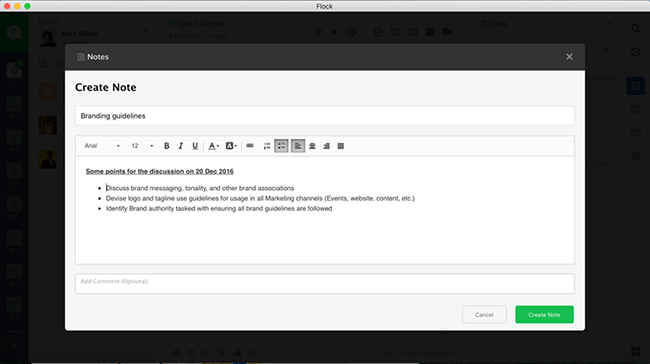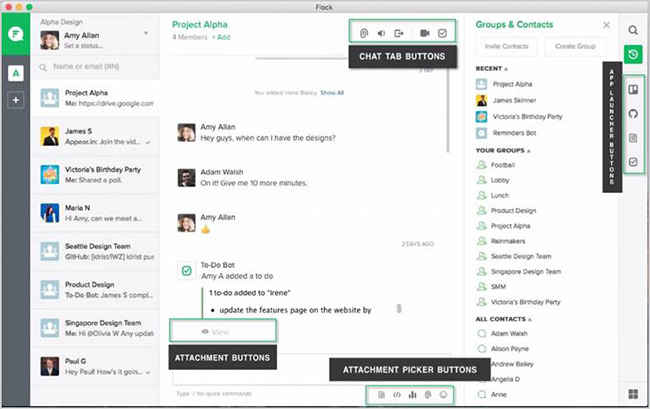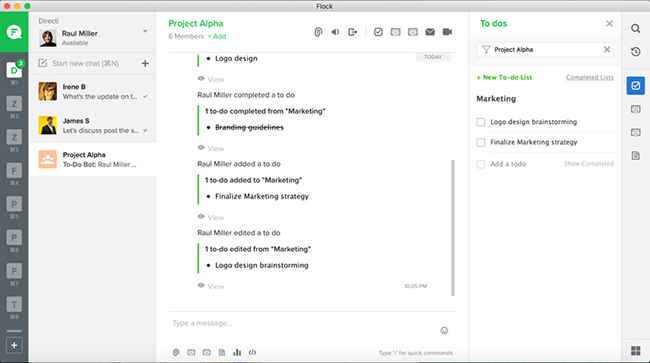Flock launches FlockOS, a Chat Operating System
With FlockOS, developers can build customised apps, with richer and deeper integrations.
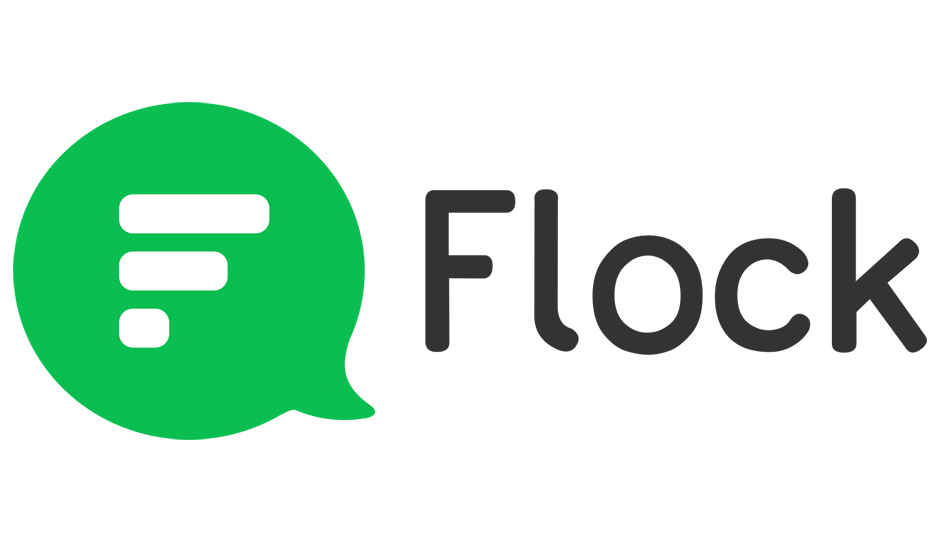
At a time when bots are being deemed as the replacement for apps, and apps themselves are being predicted to become useless pretty soon, it is expected that apps and app oriented platforms will evolve to offer the next level of features that makes them more comprehensive and versatile in their target market. In the case of team messaging apps intended for the workplace, the latest innovation was deemed to be bots. That is, until Flock seems to have taken it one step further by upgrading their platform to ‘FlockOS’, a newer version of their application announced on 20th December, 2016 that allows customised app integrations and is targeted to give an productive experience that includes everything a team might need. Developers can now build apps for the FlockOS platform that focus on richer and deeper integration with the goal of the team. Apps built on the FlockOS will enable seamless integration of workplace activities within the Flock team messenger.
 Survey
SurveyRead the complete press release below
Flock, the #1 Team Messenger, announces the release of its platform, FlockOS – the world’s first chat operating system. Developers can now build customized apps, bots and integrations on Flock, and either use them within their organization, or publish it on Flock’s App Store, making them available for all Flock users.
FlockOS is unique, as it provides a first-of-its-kind widgets feature that allows users to have a seamless experience with any Flock app – an experience matching that of any fully interactive website. With the kind of powerful apps that can be built, a user could get all their work done from within Flock, enabling massive productivity benefits.
FlockOS allows developers to build apps that
- Provide a tightly integrated experience by using widgets. These include the attachment widget, sidebar widget, and modal widget – all capable of displaying rich HTML.
- Send messages and rich attachments to Flock users and groups. For example, the Poll app in Flock creates an opinion poll in a rich attachment format and immediately broadcasts it to all in a group. It also shows real time updates on the poll numbers.
- Add buttons to attachments, chat tab bar, attachment picker bar or app launcher bar. The meticulously designed app-specific buttons embedded in the interface ensure higher app discoverability, and in turn, boost app usage.
- Setup slash commands providing an additional option for users to interact with the app.
- Configure a Bot to send directed messages to users, carry on conversations and completing tasks from within Flock.
- Customize URL previews for specific URLs, so the app can display information relevant for the user.
- Deliver a consistent experience across platforms including web, desktop, and mobile without having to rework a single line of code.
“Messaging and collaboration platforms have become the systems by which teams become more productive. Currently, most of our activities are collaborative in nature, and increasingly there will be the need of simple apps that are built on top of the messaging framework. Chat will soon become the next operating system, probably within the next three to five years.” said Bhavin Turakhia, CEO and founder of Flock. “ FlockOS empowers teams to create custom experiences within Flock that is designed for their unique team needs.”
Apps and integrations are considered “first-class citizens” in the FlockOS ecosystem. Flock aims to provide users with a seamless experience with all integrations. The Flock UI, built from the ground-up with simplicity, usability, and apps in mind, ensures maximum app discoverability to boost utilization. Users can expect massive productivity gains with the expansion of Flock’s app network.
“Other similar solutions limit the user’s interactions with apps to simple notifications and slash commands which results in a substandard experience for the user and low app discoverability and usage from a developer’s perspective. But with FlockOS, we have thrown open our platform to the global developer community. Our UI is a canvas for developers, allowing them to create truly intuitive apps and integrations which seamlessly blend with the core product” further added Bhavin.
Developers can currently build custom apps on FlockOS using Java and node.js SDKs with additional SDKs (Python, Ruby, etc.) to roll out soon.
Examples of apps which have been built on the FlockOS:
- The To-do app allows a user to simultaneously have a conversation with the team, and also assign them To-dos – all within Flock. It is easy to track the status of these To-dos as all updates are sent as message notifications on the respective Flock group.
- The Notes app allows the user to quickly make shareable rich notes. All users in a Flock group can view or edit it; thus making it a resourceful collaboration tool.
- The soon to be released Meeting scheduler app will help users schedule meetings, invite other participants, get participant feedback on meeting slots, and even view their entire calendar at a glance – all from within Flock.
Developers and enterprises interested in creating their unique apps and integrations for FlockOS can visit here
For a list of apps and integrations that are available, visit Flock Appstore. This roster is constantly growing and includes a host of popular apps like Github, Trello, Twitter and Google Apps.
Introduction to FlockOS YouTube video.
